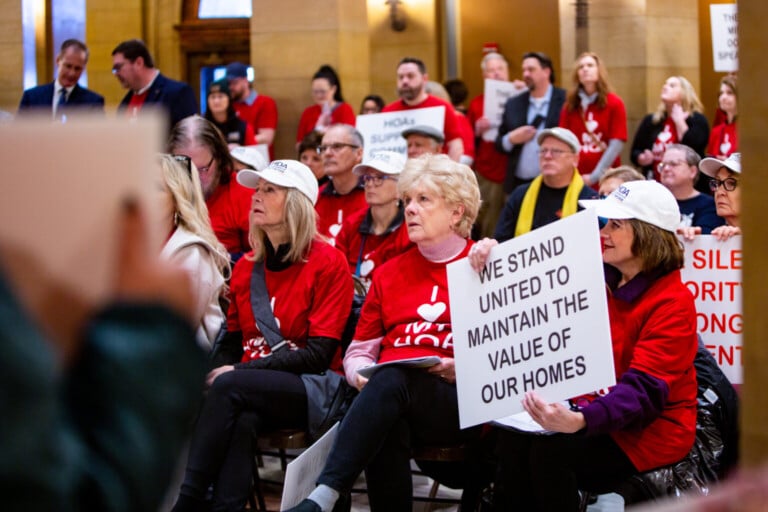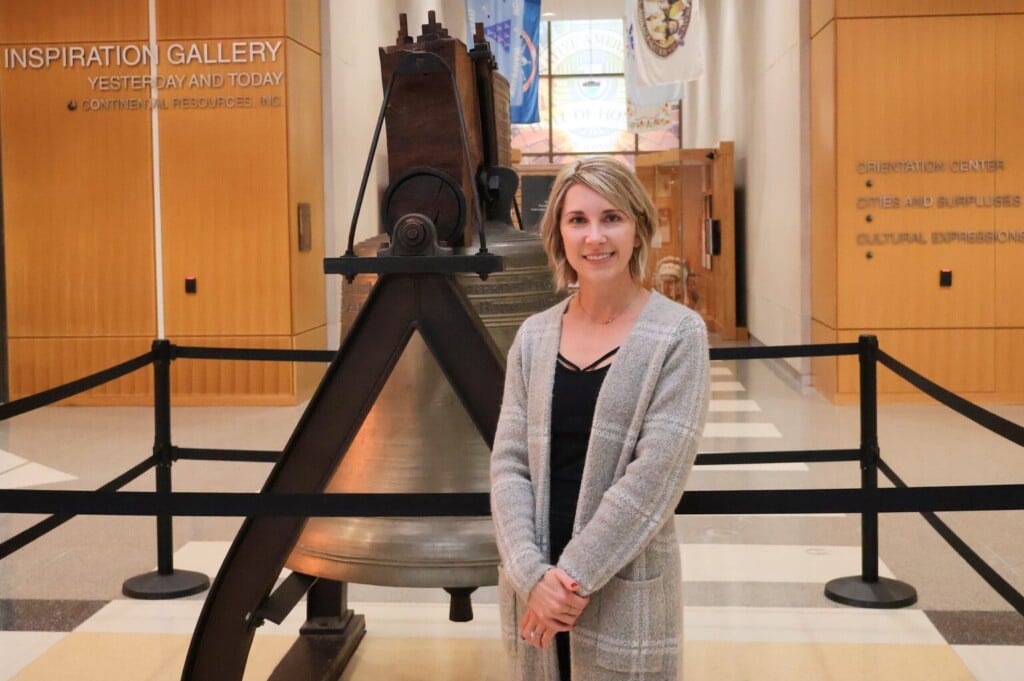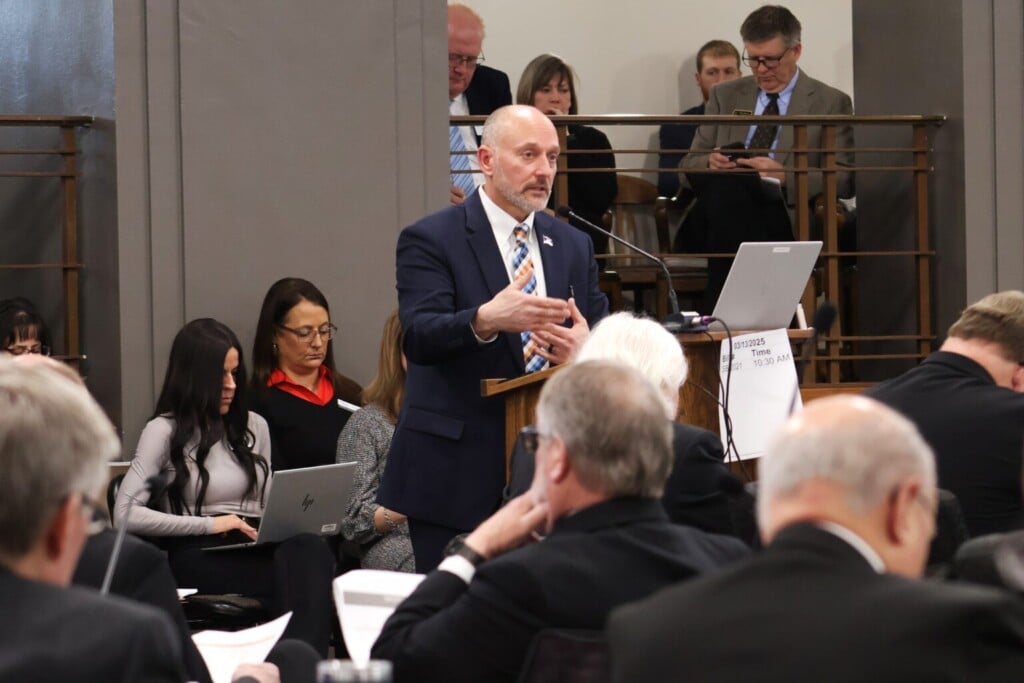Minnesota legislature creates new state office to mediate HOA disputes

ST. PAUL (Minnesota Reformer) — An effort to pass sweeping reforms to the laws governing homeowners’ associations and their property management companies largely failed in the Legislature this year, despite a chorus of complaints from homeowners about surprise bills and conflicts of interest.
But lawmakers did approve the creation of a new Common Interest Communities Ombudsperson within the Department of Commerce, who will be charged with mediating disputes between homeowners and HOAs.
The ombudsperson, however, will have no authority to enforce agreements or offer legal advice. Their main responsibilities will be to create and disseminate plain-language explanations of common provisions in HOA documents; provide “informal” mediation services; and offer advice to lawmakers on issues affecting common interest communities. “Common interest communities” is the legal umbrella term for HOAs and condo associations.
The creation of the ombudsperson’s office is one small win for the bipartisan group of lawmakers who sought to give homeowners more explicit rights and powers, while reining in property management companies and HOA boards.
The Reformer has reported on the stories of homeowners who were surprised with huge bills for repairs they didn’t think were necessary. At least one property management company also owns a construction firm, raising questions about conflicts of interest.
After the conclusion of the 2024 legislative session, a working group of lawmakers, homeowners, housing advocates and representatives of property managers gathered regularly to weigh how the state could empower homeowners in the face of rising complaints against unrestrained homeowners’ associations and property management companies.
The group came up with more than 150 recommendations, of which 41 made it into the final report to the Legislature. Many were incorporated into a bill that passed in the Senate, but not the House.
That bill would have required HOA boards or property managers to solicit at least three written bids for all repair jobs valued at more than $50,000; blocked cities from requiring HOAs as a condition for approving a housing development; required HOAs to create and distribute a schedule of fines and fees; and to adopt a dispute resolution process.
None of those measures passed.
The Minnesota chapter of the Community Associations Institute, which represents HOA boards and property managers across the state, backed the creation of the ombudsperson, but largely opposed other aspects of the HOA reform legislation.
The organization got its members to show up on the Capitol in early April to rally against the more controversial aspects of the HOA reform package; many wore “I ♥️ my HOA” shirts.
“[The ombudsperson] is a commonsense solution to the complaints that we all have heard about homeowners and boards not understanding their rights and obligations that exist under the current laws,” CAI lobbyist Phaedra Howard said. “It is our hope that lawmakers will give this solution a chance to work before trying to make additional unnecessary changes to the existing statutes that have worked and continue to work well for our state.”
Opponents of the larger reform package worried that the bill would require more man hours from the volunteers who staff HOA boards, or force homeowners to pay property management companies and attorneys to bring the association into compliance with the new rules. Some were also concerned that the scrutiny and additional work would disincentivize homeowners from joining their HOA board, many of which are already struggling to recruit volunteers.
(Story written by Madison McVan – Minnesota Reformer)






